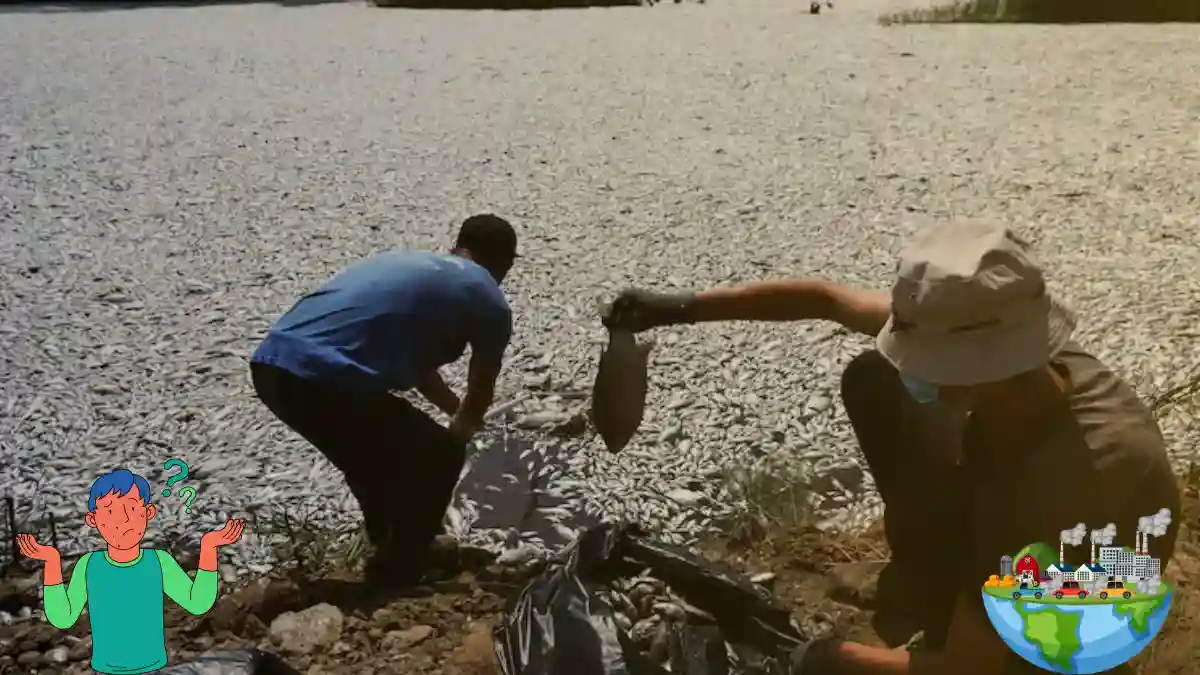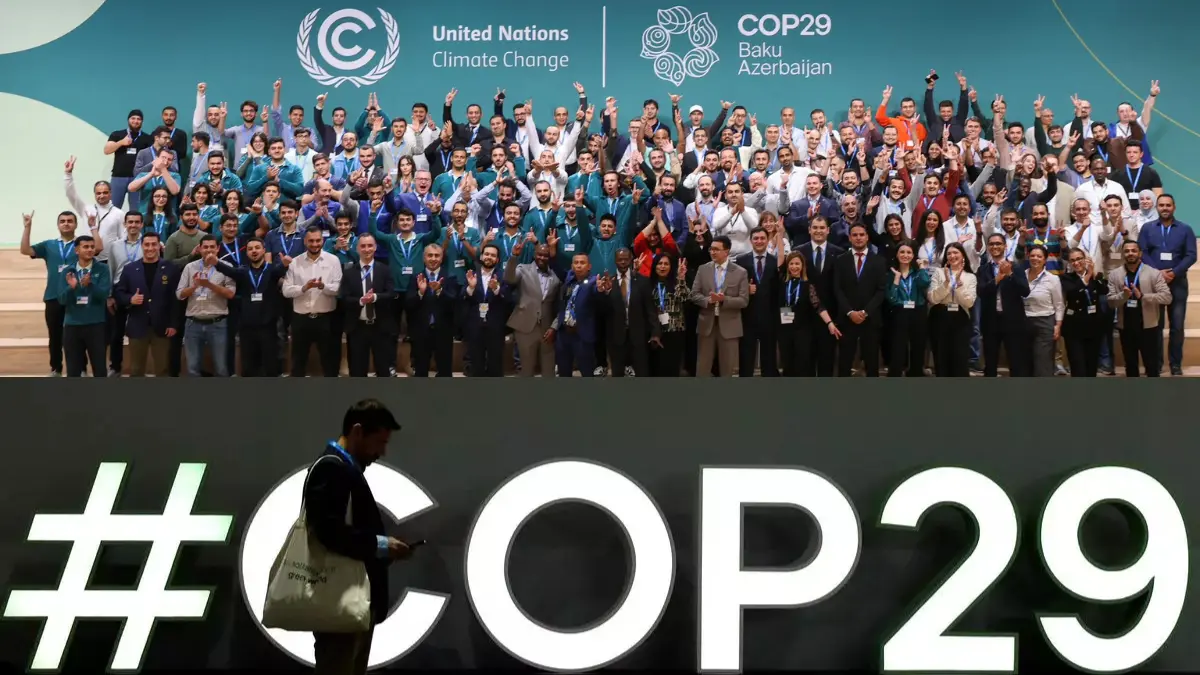
Today’s alarming news from Greece has caught global attention—a mass die-off of over 100 tons of fish in and around the port city of Volos. This tragic event, linked to extreme climate fluctuations, has raised many concerns about environmental stability and economic impact. While the sight of dead fish lining the shores is shocking, it also prompts us to consider the broader implications of such occurrences. Let’s delve into the reasons behind this mass die-off and explore what it means for Greece and, potentially, for similar ecosystems worldwide.
What Caused the Mass Die-off?
To understand this situation, it’s important to recognize the sequence of weather events leading up to the die-off. According to reports, the region around Lake Karla in central Greece has experienced severe climatic swings. In the fall of 2023, a devastating storm caused widespread flooding. Water levels surged dramatically, overwhelming the natural environment. However, this was followed by months of severe drought, leading to a significant reduction in water levels.
The abrupt change in water conditions created an unstable environment for marine life. Fish, particularly those adapted to stable conditions, struggled to survive. The fluctuating water temperatures and changing oxygen levels likely contributed to the mass mortality event. It’s a stark reminder of how vulnerable aquatic ecosystems are to climate extremes.
Impact on Local Economy and Community
The environmental damage is one aspect, but the economic and social impacts are equally concerning. The port of Volos is not just a hub for local fishermen; it’s a significant economic center for the region. The sudden death of such a large quantity of fish has severely impacted the local fishing industry, leading to an 80% reduction in commercial activity over the past few days.
Businesses along the seafront, particularly those in the hospitality sector, have been hit hard. The stench from decaying fish and the sight of the mass die-off have driven away tourists and locals alike. The city’s Chamber of Commerce has already indicated plans to seek legal action for damages caused by the drop in business. For many small business owners and workers in Volos, the financial strain is immediate and severe.
Environmental Repercussions Beyond Greece
While this event is devastating for Greece, it also serves as a warning for other regions. Climate change is a global issue, and its effects are not confined to national borders. Similar die-offs could happen elsewhere if climate patterns continue to become more unpredictable and extreme.
Aquatic ecosystems are particularly sensitive to temperature changes, and with global temperatures rising, incidents like this could become more frequent. The die-off in Greece is a clear indicator of how climate instability can wreak havoc on natural environments and, by extension, human livelihoods.
What Can Be Done to Prevent Future Incidents?
The big question is, what can be done to prevent such events in the future? First and foremost, there needs to be a concerted global effort to address climate change. Reducing greenhouse gas emissions and transitioning to renewable energy sources are critical steps in stabilizing global temperatures. Countries must also invest in climate adaptation strategies, particularly for vulnerable ecosystems.
On a local level, better management of water resources could help. For example, maintaining consistent water levels in lakes and rivers through controlled releases and the use of reservoirs might mitigate the effects of extreme weather. Moreover, investing in technology that monitors water quality and temperature in real-time could provide early warnings of conditions that might lead to fish die-offs.
A Call for Global Awareness and Action
The mass die-off of fish in Greece is not just a localized disaster; it’s a call to action for the global community. We live in an interconnected world where environmental issues in one region can have ripple effects elsewhere. The health of our aquatic ecosystems is closely tied to the health of our planet, and events like this highlight the urgent need for comprehensive environmental strategies.
Governments, businesses, and individuals all have roles to play in addressing climate change. From reducing carbon footprints to supporting policies that promote sustainability, every action counts. The incident in Greece should serve as a stark reminder that ignoring environmental issues has real consequences, both for nature and for human societies.
Conclusion
The tragic mass die-off of fish in Greece underscores the delicate balance between natural ecosystems and the increasingly unpredictable climate. It is a wake-up call for all of us to recognize the urgency of climate action and the need to protect our environment. As the world watches Greece respond to this crisis, it is an opportunity to reflect on how we, too, must prepare and adapt to a changing world. Let this event be a catalyst for a renewed commitment to safeguarding our planet and ensuring a sustainable future for all.
The news today is a reminder that climate change is not a distant threat but a present reality affecting lives and economies. As we consider the path forward, the lesson from Greece is clear: the time for action is now.








